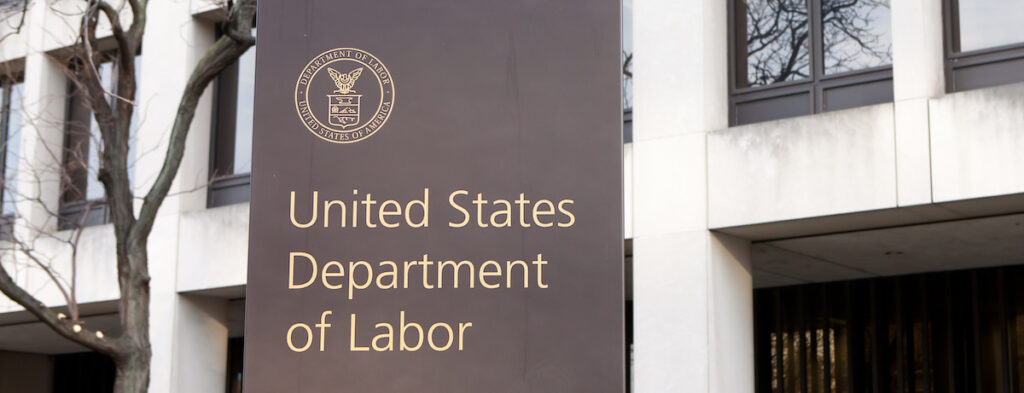
Appeals Court Invalidates Recess Appointments of NLRB Board Members
In a January 25 unanimous decision in the case of Noel Canning v. NLRB, the United States Court of Appeals for the D.C. Circuit provided some welcome relief to employers facing issues before the National Labor Relations Board (NLRB). The Court ruled that President Obama’s recess appointments of three new NLRB members in January 2012 were unconstitutional and as a result, the Board has lacked constitutional authority to act since that time. President Obama made these appointments on January 4, 2012, while the Senate was holding what it described as “pro-forma sessions”, which often involved a single senator appearing in the chamber every third day. The Court ruled that the Senate was not, in fact, “in recess” when the appointments were made, and that the appointments unlawfully circumvented the Senate’s constitutional power to provide advice and consent to the appointment of executive branch officers. As the three vacancies on the Board were not properly and validly filled, the Board was left with only two members and was therefore without the statutorily required quorum to adjudicate disputes and issue rules.
This decision has the effect of potentially invalidating all rulings, determinations, and rulemaking by the NLRB since January of 2012 as the United States Supreme Court has previously ruled that a three-member Board must be in place in order for such actions to be valid. This ruling may ultimately provide welcome relief to business groups and employers who have been struggling with the aggressive, pro-employee agenda of the current Board, particularly in recent rulings effectively invalidating many social media policies and at-will disclaimers in employment handbooks and policies, regardless of union involvement.
This decision is almost certain to be appealed to the United States Supreme Court, as there is a split in the federal circuit courts regarding the validity and scope of recess appointments. Hundreds of recess appointments have occurred over the past 150 years during such “intra-sessions”, the time period during which members of Congress are absent but the Senate hasn’t officially adjourned, and often take place when delay tactics and filibusters have been employed to prevent confirmation of presidential nominees which are deemed to be critical to the functioning of an executive branch agency.
If you have questions or concerns about this decision or other legal issues, please feel free to contact Connie Carrigan at ccarrigan@smithdebnamlaw.com.

